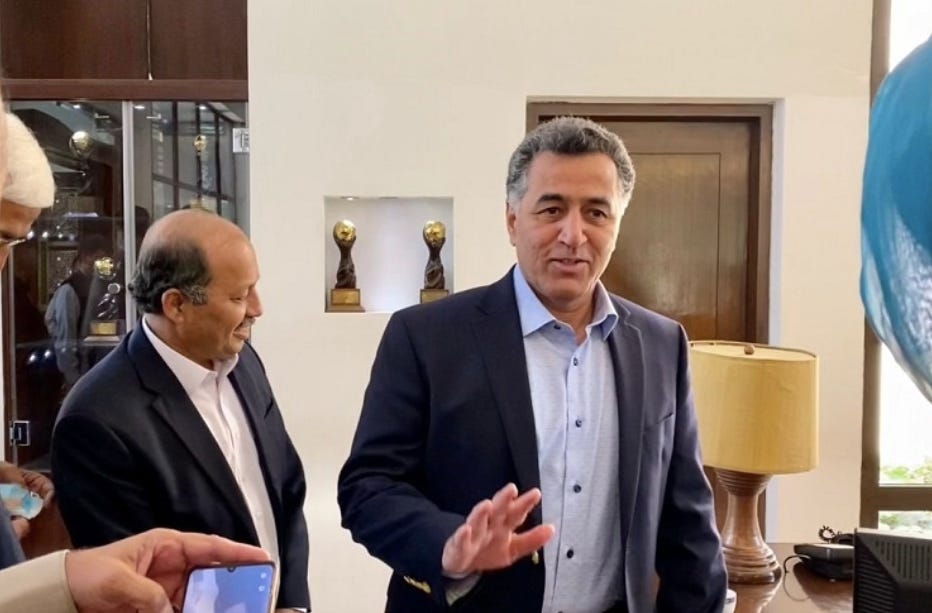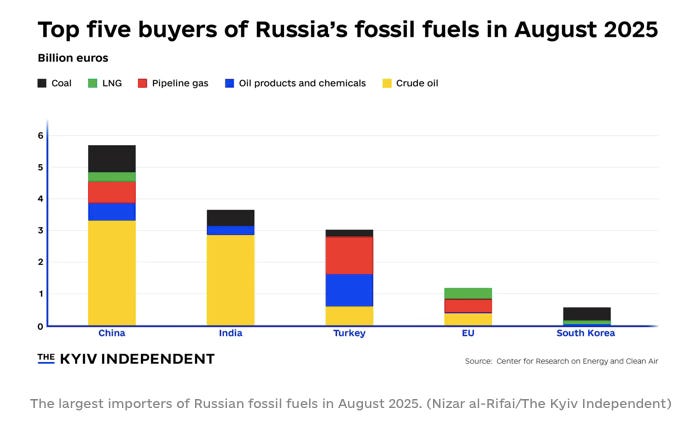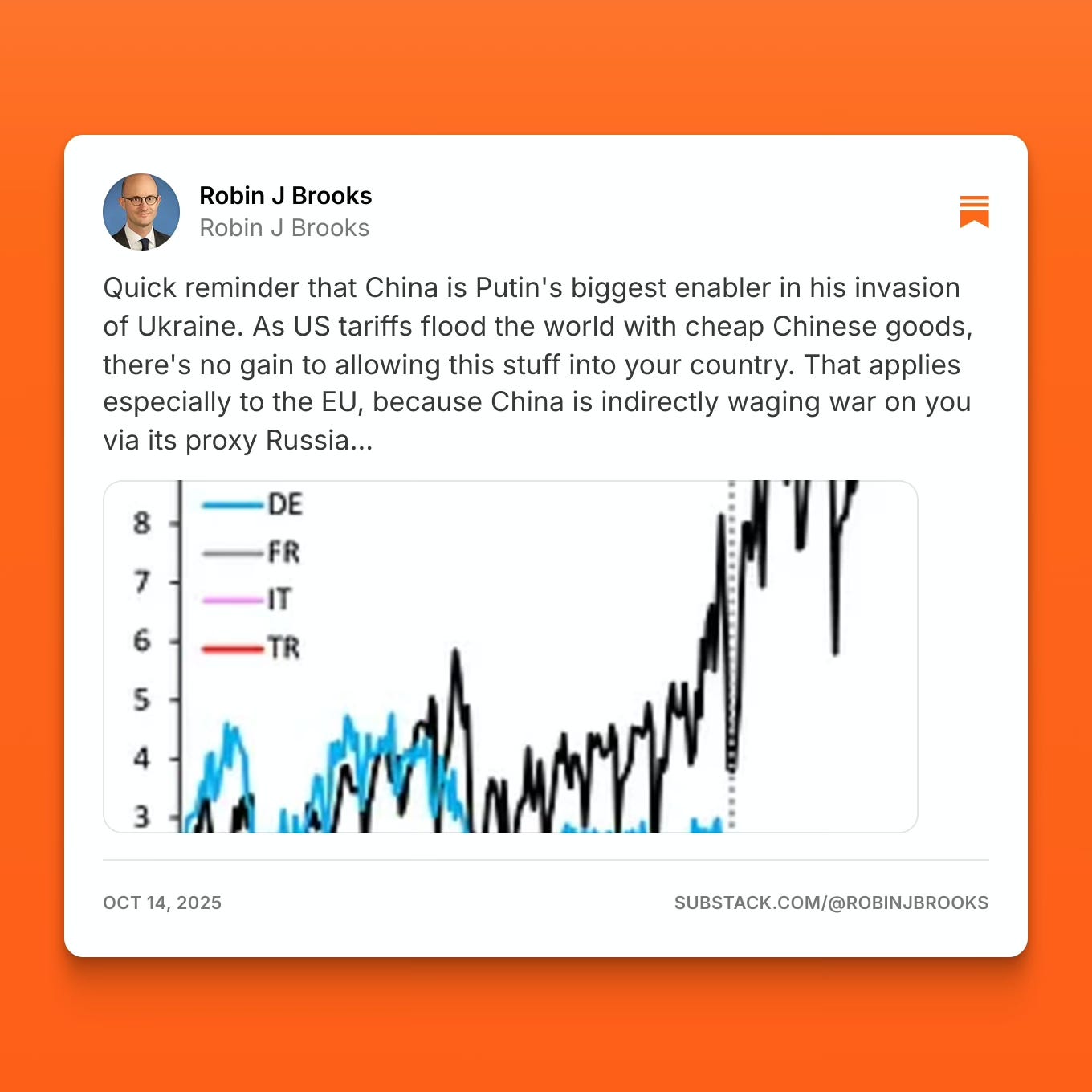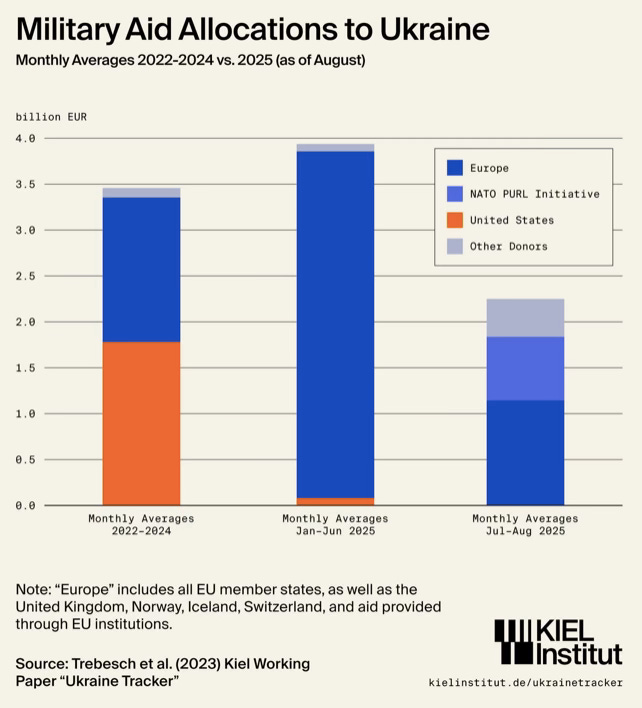How to Lose a War
Afghanistan was awful; Ukraine would be far worse
As strategists have shown from time immemorial, it is easier to lose a war than to win one, and for democracies the consequences of defeat can be devastating. Even worse is to lose a war without knowing it is happening – improbable circumstances that have become dangerously relevant in today’s world.
As we argued in a July 7th essay, victories matter. They set terms for peace. They empower winners. For generations we took victories in two World Wars and Korea for granted. US defeats in Vietnam and Iraq were dismissed as aberrations.
Allies have now been losing wars for well over a decade – ever since they failed to follow through on the 2011 NATO combat mission, Operation Unified Protector, to safeguard the Libyan people from the reprisals of their genocidal ruler.
Since 2014, the UN-backed Government of National Accord (GNA) in Tripoli, later the Government of National Unity (GNU), has been fighting an intermittent civil war with the Libyan National Army (LNA) in Benghazi and Tobruk.
Turkey, Qatar, Italy and others have backed the GNA/GNU; UAE, Saudi Arabia, Egypt, France and Russia support the LNA. The result has been stalemate and chaos. No external player has gained much. The Libyan people have lost nearly everything.
In Libya, allies failed to follow up their military success with a strong, unified foundation for governance. Obama was not keen on the mission from the start; Europe could neither agree on a single approach nor mobilize sufficient resources.
Failure to follow through in Libya led to failure to launch in Syria. Syria’s democratic movement was left without effective backing. The regime had a free hand to mete out brutal repression. A downward spiral of civil war and genocide ensued, into which Iran and Russia injected the lethal force necessary for Assad to survive.
Allied failure to launch in Syria emboldened Putin’s Kremlin to move against Ukraine in 2014, when Russian special forces and the FSB launched covert operations in Ukrainian Crimea and Donbas. Russia’s kinetic war in Ukraine never stopped.
In the meantime, with US blessing, the Taliban opened an office in Doha, Qatar. By the end of 2014, NATO was terminating its lead combat role in Afghanistan. In 2015, it transitioned to a train-advise-assist posture. By 2018, Trump was leaning into talks with the Taliban. He claimed to be ending a ‘forever war’ on acceptable terms.
Instead he brought about America’s greatest defeat since Vietnam. Trump’s 2020 deal deal with the Taliban excluded the legitimate, democratically-elected Afghan government. By 2021, these representative institutions had been swept away and the Taliban were back. Afghanistan has been in agony ever since.
Why did this defeat happen? The UN and the US tried to engineer power-sharing with internationally-recognized terrorists: the Taliban, the Haqqani network and others. They were channelling the Good Friday Accords, which ended the long armed struggle in Ireland. But the power behind these groups was always Pakistan’s military, which never agreed to share power with Kabul’s elected government.
(Pakistan’s director general of Inter-Services Intelligence lieutenant general Faiz Hameed, visiting Kabul’s Serena Hotel on Saturday, September 4th, 2021 — just over two weeks after the Afghan capital fell to the Taliban.).
When US air power was withdrawn from the Afghan forces early in 2021, Pakistan’s military saw its chance and took it. The first senior official to arrive in Kabul was director general (DG) of Pakistan’s Inter-Services Intelligence (ISI), the vast shadow force that orchestrated the Taliban comeback. Allies defeated the Taliban in Afghanistan time and again. But they never set themselves the goal of ending Pakistan’s support. Allies never even imposed basic sanctions on those training, equipping and funding Taliban forces that killed thousands of US and other NATO soldiers in Afghanistan over more than a decade.
Defeat can result from the wrong military or political objectives, as was the case in Afghanistan. It can also result from insufficient military resources or lack of national or popular support for a war. The most devastating wars are lost, as Sun Tzu knew, when the victims do not even know they are being attacked.
All of these circumstances apply in Ukraine today, where allies have yet to endorse the goal of Ukraine’s victory and full military defeat of Russian forces in Ukraine. In stark contrast to the twenty-year NATO mission in Afghanistan, allies have not yet provided Ukraine with the basic military capabilities need to defeat Russia. On the contrary, combat air power, air defences, long-range strike capacity and the armour, ammunition, training and other enablers required to field ground combat power of sufficient mass to defeat Russia have been provided stingily, in embarrassingly slow increments, when they have been provided at all.
We are now a very long way from the last major allied victories – in the First Gulf War and Balkans in the 1990s, in Afghanistan from 2001 to 2009 and in Libya in 2011.
Afghanistan became a defeat because Pakistan’s will to back the Taliban was never broken and Trump and Biden gave up the fight. Ukraine has so far defeated Russia’s large-scale invasion, at great cost to fascist Russia. Ukraine remains in the fight and, with the capabilities listed above, it could defeat Russia.
But it will not do so if Russian oil continues to flow unimpeded to world markets:
It will not do so if China remains Russia’s all-weather supplier:
Or if military support for Ukraine continues to fall:
Ukraine’s use of drone warfare has partly compensated for the inferior mass of its forces. But Ukraine has not yet stopped Russia, let alone achieved the superiority needed to win. Allies need to step up and hit Russia much harder.
A massive obstacle to this are Russia’s influence operations, active measures and reflexive control — of which Trump is now a key fulcrum. It is one thing to lose a war, as Trump has already done in Afghanistan. It is far worse to lose without fully knowing what is at stake or what could have been done to win. To ensure our countries never get to that point, allies need to articulate much more starkly where things stand and what it will take to win.






